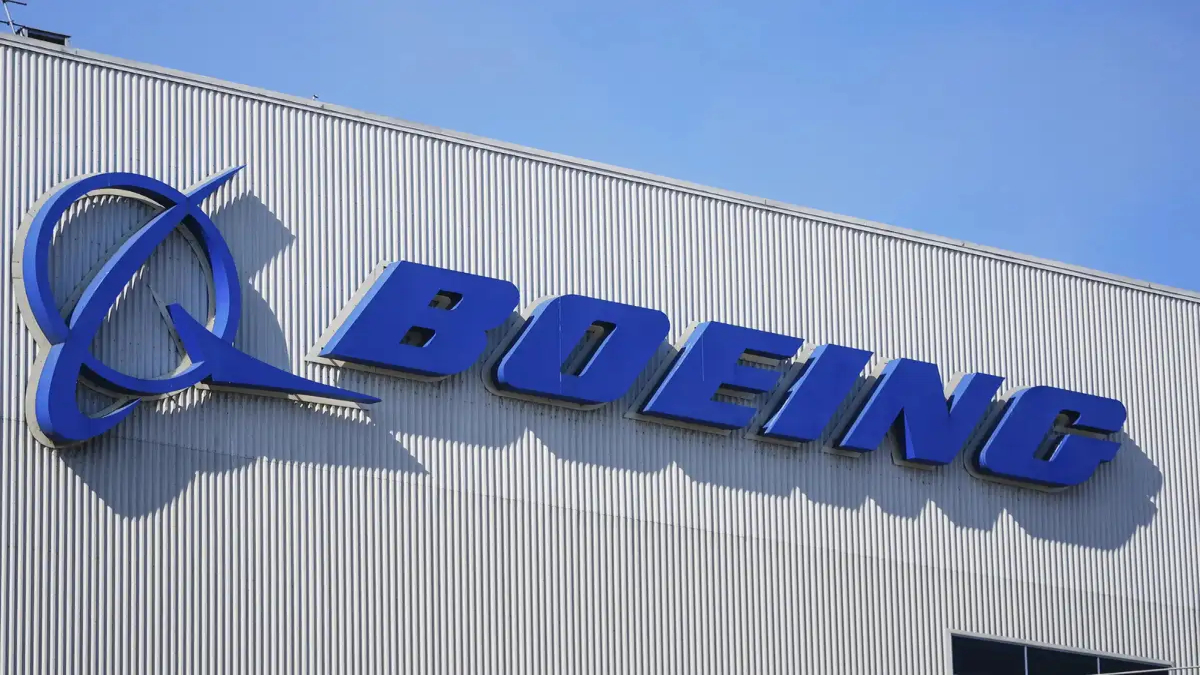Now Reading: In a Major Blow, Boeing Defense Workers Go on Strike, Halting Production of Critical Military Aircraft
-
01
In a Major Blow, Boeing Defense Workers Go on Strike, Halting Production of Critical Military Aircraft
In a Major Blow, Boeing Defense Workers Go on Strike, Halting Production of Critical Military Aircraft

Boeing is facing another significant challenge as more than 3,200 of its defense workers have gone on strike, bringing production of key military aircraft to a halt at facilities in the St. Louis area. The walkout, which began on Monday, marks the first strike at these factories in nearly three decades and adds to the aviation giant’s mounting woes, which have included safety concerns and production issues on its commercial side.
The strike, initiated by members of the International Association of Machinists and Aerospace Workers (IAM) District 837, follows the overwhelming rejection of a four-year contract offer from Boeing. Despite union leaders initially recommending the proposal, which included a 20% wage increase and improved benefits, a second, modified offer was also turned down by workers. The union maintains that the company’s proposals do not adequately reflect the skill, dedication, and crucial role their members play in national defense.
“IAM District 837 members have spoken loud and clear; they deserve a contract that reflects their skill, dedication, and the critical role they play in our nation’s defense,” said Tom Boelling, the union’s directing business representative.
The work stoppage is impacting three key facilities in St. Louis, St. Charles, Missouri, and Mascoutah, Illinois. These factories are responsible for assembling and maintaining a range of advanced military systems, including F-15 fighter jets, F/A-18 Super Hornets, and components for the highly anticipated F-47 fighter jet program. The F-47 is part of the Next Generation Air Dominance program, designed to replace the F-22 Raptor, and the strike could potentially cause significant delays in this critical Pentagon contract.
For its part, Boeing has expressed disappointment with the outcome. Dan Gillian, Boeing Air Dominance vice president, stated that the company was “prepared for a strike” and had implemented contingency plans to ensure non-striking workers could continue to support customers. He called the rejected offer “the richest contract offer we’ve ever presented” to the union.
This latest labor dispute comes on the heels of a separate, much larger strike by machinists at Boeing’s commercial plane division last year. That walkout, which involved more than 33,000 workers and lasted for two months, severely impacted the production of key aircraft like the 737 MAX and the 777. The resolution of that strike included a substantial wage increase, which may have emboldened the defense workers in their current negotiations.
The strike’s duration and ultimate resolution remain uncertain. A prolonged walkout could create a domino effect of delays in the defense supply chain, potentially costing Boeing billions in revenue and forcing the Pentagon to consider reallocating contracts to rivals like Lockheed Martin or Northrop Grumman. As workers take to the picket lines, the focus will be on whether Boeing is willing to make further concessions to bring its defense production back online and avoid further damage to its reputation and financial standing.










